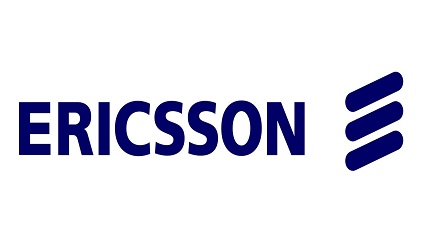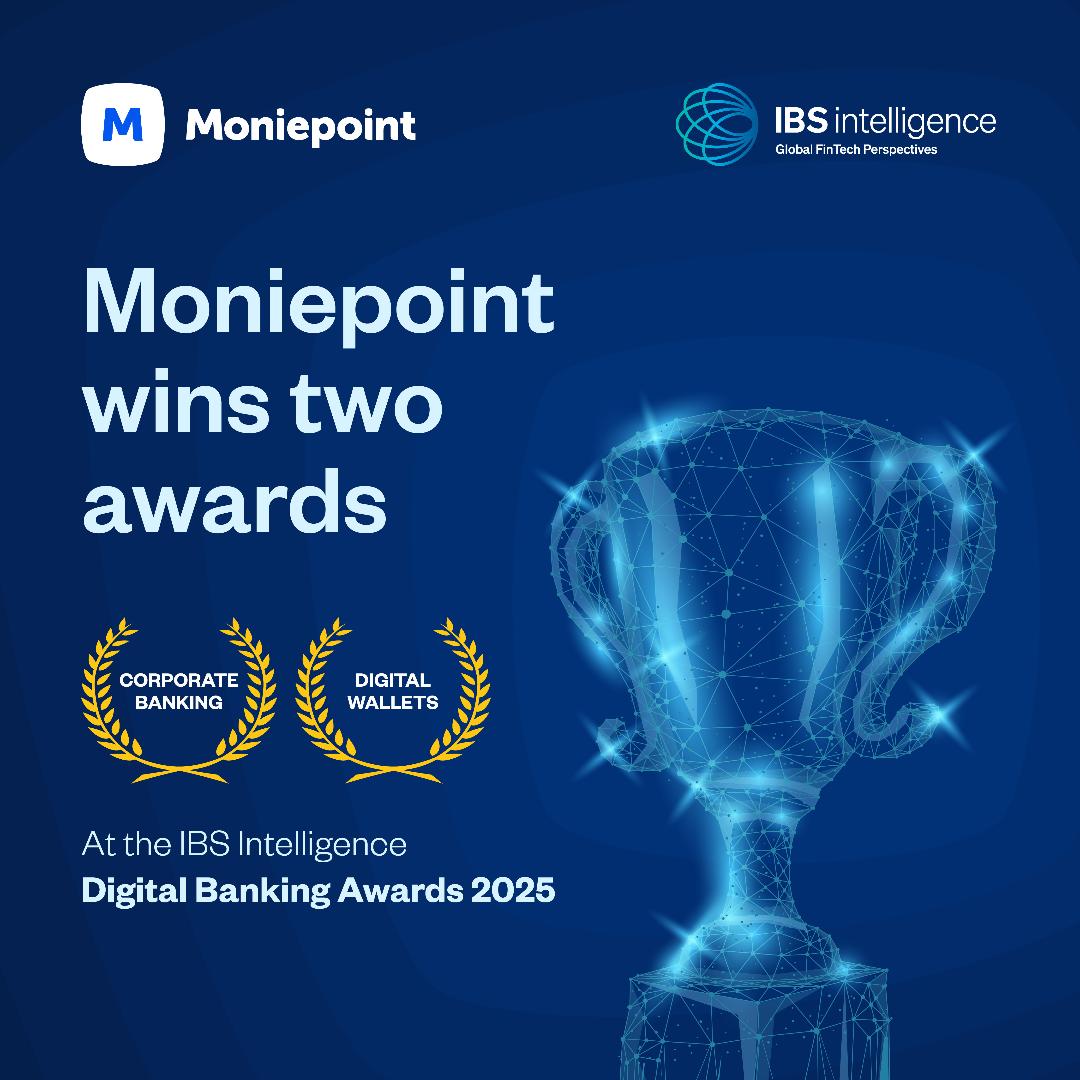Telecom
Ericsson Reports Mobile Subscriptions in Africa Near Billion Mark

The latest edition of the Ericsson Mobility Report, a comprehensive update on mobile trends leveraging big data from live networks worldwide, reveals that proliferation of mobile technology continues at a rapid pace: Africa has topped 880 million in mobile subscriptions for Q3 2014.
The report shows that 90 percent of the world’s population over six years old is predicted to have a mobile phone by 2020.
Furthermore, by 2020 smartphone subscriptions are forecast to top 6.1 billion.
Ericsson also predicts that 85 percent of Middle East and Africa mobile subscriptions will be 3G/4G by 2020.
Fredrik Jejdling, president & regional head of Ericsson sub-Saharan Africa said: “The increased availability of low-cost smartphones in sub-Saharan Africa will lead to a rapid increase of smartphone subscriptions in the region.However, GSM/EDGE-only subscriptions will remain the most common subscription type for the next five years due to the high numbers of lower income consumers using2G-enabled handsets.”
Smartphone penetration: 800 million new subscriptions in 2014
Smartphone growth continues as 65-70 percent of all phones sold in the third quarter of 2014 were smartphones, compared with 55 percent in the same quarter for 2013.
Despite this increased rate of sales, which will see the addition of an estimated 800 million new smartphone subscriptions by the end of 2014, the report finds there is still plenty of room for growth in the sector.
Smartphones currently account for just 37 percent of all mobile phone subscriptions, meaning that many users have yet to make the switch to the more feature-rich, internet-friendly option.
The report predicts a strong uptake in the coming years as the number rises from 2.7 billion smartphone subscriptions today to the forecasted6.1 billion in 2020.
Video: Largest And Fastest Growing Segment Of Mobile Data Traffic
Video continues to dominate mobile networks: in 4G-dominatednetworks it currently constitutes 45-55 percent of mobile traffic, driven largely by increased usage of video streaming and improvements in the mobile video experience.
Video is increasingly appearing as part of other online applications such as news and adverts, and on social media platforms.
At the same time, growth in video streaming is being driven by access to over-the-top (OTT) services and content, such as those provided by YouTube.
Devices used to watch video are also evolving.
Many have larger screens, enabling higher picture quality for streamed video, which results in video being consumed on all types of devices and in higher quantities, both at home and on the move.
In terms of future outlook, Ericsson estimates that mobile video traffic will increase tenfold by 2020, ultimately constituting around 55 percent of all mobile data traffic in 2020.
5G: Subscriptions On The Horizon
5G is expected to be commercially deployed in 2020, and the technology is predicted to have a faster uptake than 4G LTE, just as 4G had a faster uptake than 3G.
The difference here is that, in addition to new radio technologies, 5G will also encompass evolved versions of existing radio access (such as 3G and 4G), cloud, and core technologies to cater for the thousands of new ways that mobile technology will be used. 5G growth will be driven to a large extent by new use cases, especially in machine-type communications.
This is the seventh issue of the Ericsson Mobility Report, which shares forecast data, analysis and insight into traffic, subscriptions, and consumer behavior to provide insight into current traffic and market trends.
Ericsson regularly performs traffic measurements in over 100 live networks in all major regions of the world.
Detailed measurements are made in a selected number of commercial WCDMA/HSPAand LTE networks with the purpose of discovering different traffic patterns.
The forecast period for the latest report has been updated to cover the period from 2014-2020.
Telecom
LINX Picks Digital Realty as Access Point for New Ghana IXP

The London Internet Exchange (LINX) announced today that it will extend its partnership with Digital Realty to West Africa, welcoming the data centre provider to its new interconnection fabric, LINX Accra.

Digital Realty is nearing completion of its new facility in Accra, ACR2. A modern data centre strategically positioned near multiple submarine landing cable stations in Accra’s downtown area.
Ghana is one of Africa’s most internationally connected countries, thanks to the presence of these six undersea cable systems. As a result, the country’s digital landscape has grown dramatically in recent years.
LINX Accra was announced in late 2024 and is anticipated to launch in the coming weeks.
LINX stated that a new internet exchange point (IXP) for Ghana will provide future-proof and scalable solutions to propel the digital ecosystem forward.
The new IXP will be LINX’s third facility in Africa since the opening of LINX Nairobi in 2023, marking an important milestone in the company’s overall strategy in Africa.
Nurani Nimpuno, head of global engagement for LINX commented: “We are excited to be embarking on this new journey with Digital Realty in Ghana. We have strong relations with our partners across our LINX hubs in the UK, US and Kenya so I’m confident this extension of the relationship will be a success.”
Digital Realty has been a key access point for LINX’s interconnection solutions in London and also in North Virginia, US for several years.
More recently, LINX launched their first steps into Africa with LINX Nairobi in November 2023 and LINX Mombasa in February of this year, both working closely with iColo: A Digital Realty Company.
Joseph Koranteng, managing director of Digital Realty in Ghana, commented: “We’re pleased to be welcoming LINX to our new data centre in Ghana, a key milestone as we continue to strengthen interconnection across Africa.
“As demand for low-latency connectivity grows, this collaboration will play a critical role in helping to shape the region’s digital future by enabling greater access, resilience, and integration with the global internet fabric.”
Telecom
Moniepoint Clinches Two IBSi Awards for Leadership in Corporate Banking and Digital Wallet Services

Moniepoint Inc, Africa’s leading fintech platform, has been named a Category Winner in two prestigious categories — Corporate Banking and Digital Wallets — at the IBS Intelligence (IBSi) Digital Banking Awards 2025.

The accolades recognize Moniepoint’s significant impact in advancing financial inclusion and operational efficiency through its innovative digital banking initiatives across the continent.
Moniepoint earned dual recognition with the Corporate Banking award for its end-to-end digital platform empowering SMEs across emerging markets through simplified working capital access and streamlined payment processes, while also being honored in the Digital Wallets category for its scalable wallet infrastructure that enables millions to seamlessly transact, save, and manage finances—both innovations supporting broader financial inclusion and economic empowerment goals.
The IBSi Awards jury highlighted Moniepoint’s achievement in delivering measurable business impact, its ability to scale efficiently, and its pioneering approach to integrating local market needs with cutting-edge financial technology.
The IBSi Digital Banking Awards recognize technology implementations and innovation across digital banking units worldwide. This year, more than 110 submissions from over 30 countries were evaluated.
The IBSi Digital Banking Awards celebrate the most innovative and impactful technology implementation projects in the global banking sector.
This year’s competition recognised outstanding achievements among digital-only banks, neo-challenger banks, and the technology partners driving digital transformation worldwide.
“We are thrilled to be recognised in two highly competitive categories,” said Tosin Eniolorunda, CEO of Moniepoint. “These awards validate our mission to power the dreams of African businesses and individuals by building technology that works for everyday realities.
“Whether it’s helping SMEs grow or enabling simple, fast, and secure transactions for millions, we remain committed to delivering impactful solutions.”
“These recognitions from IBS Intelligence reflect the hard work of our teams and partners, and the deep trust our users place in Moniepoint,” Eniolorunda added.
“We look forward to continuing to innovate and scale inclusive digital financial services that shape the future of banking across Africa.”
Nikhil Gokhale, Director of Research and Digital Properties at IBS intelligence, said, “Over the years, we’ve witnessed a remarkable transformation in the digital banking space — from the rise of nimble neobanks to the digital reinvention of traditional institutions.
“The IBSi Digital Banking Awards honour this evolution by recognising technology-led excellence across the global banking landscape.
“Now in its fifth edition, the awards continue to recognise banks that are redefining the digital banking landscape through bold strategy, customer-centric thinking, driving innovation, inclusion and meaningful impact.”
This award complements and validates Moniepoint market leadership having been listed for three years in a row in the CB Insights annual Fintech 100, a list of the 100 most promising private fintech companies in the world and described as high-momentum companies shaping the future of financial services as well as being ranked by the Financial Times as one of Africa’s fastest-growing companies for two consecutive years.
Moniepoint Inc. powers over 10 million businesses and individuals with access to seamless payments, banking, credit, and business management tools since 2019. As Nigeria’s largest merchant acquirer, it powers most of the country’s Point of Sale (POS) transactions while operating profitably.
Processing over 1 billion transactions monthly, with total payments volume exceeding $22 billion, Moniepoint enables businesses to digitize their operations and thrive in Africa’s rapidly evolving economy.
UK-headquartered IBS Intelligence (IBSi) is the world’s only pure-play Financial Technology (traditional and new-age) research, advisory, and media firm, with a global coverage, and a 360° portfolio of intelligence offerings.
For over 30 years, IBSi’s expert teams have delivered independent, in-depth, actionable insights, with a laser focus on everything Financial Technology, to the global banking, consulting, technology, and institutional investor world.
Telecom
NCC Unveils Landmark RIA Report, Reinforces Stakeholder-Centric Regulation

Dr. Aminu Maida, executive vice chairman and chief executive officer of the Nigerian Communications Commission (NCC), has declared the presentation of the Regulatory Impact Assessment (RIA) Report on eight key subsidiary legislations a turning point in the Commission’s regulatory framework.

Speaking at a high-level Stakeholder Engagement Forum in Abuja, Dr. Maida noted that the comprehensive RIA, conducted in 2024, embodies the NCC’s renewed commitment to transparent, participatory, and consumer-focused rulemaking.
“This innovation in our legislative process not only enhances accountability but also recalibrates our focus areas—consumers, licensees, and government policy alignment,” Dr. Maida stated.
The NCC boss emphasized that the RIA’s three-pronged focus aimed to assess regulatory performance across:
* Consumer impact, especially with regard to quality of experience (QoE)
* Market adaptability, with respect to competition, resource utilization, and market entry
* Policy alignment, ensuring legislations support overarching governmental objectives
He urged stakeholders to rigorously engage with the RIA findings to enhance regulatory outcomes and ensure market sustainability.
In her opening remarks, Head of Legal & Regulatory Services at the NCC, Mrs. Chizua Whyte, described the RIA as “an evolutionary step in our rulemaking journey,” adding that the extensive stakeholder contributions had strengthened the report’s validity.
“With emerging technologies and policy priorities, we needed to reassess our legal instruments. This RIA was both introspective and outward-looking,” Mrs. Whyte said.
Key areas assessed include licensing, SIM registration, subscriber management, enforcement procedures, spectrum trading, and infrastructure sharing.
Mrs. Whyte revealed that feedback from industry players was instrumental in identifying regulatory redundancies, clarifying legal obligations, and shaping future reforms.
The Legal Department, she noted, is already aligning next-phase reforms with the RIA’s recommendations to strengthen investor confidence and foster innovation across Nigeria’s telecom landscape.
The forum concluded with a call for continued stakeholder participation in shaping the Commission’s evolving legislative environment.
For the NCC, the RIA initiative signals a new era of smarter regulation—balancing flexibility, compliance, and consumer trust.

 General News2 days ago
General News2 days agoOpenAI Unveils New AI Agent for Software Developers

 Telecom2 days ago
Telecom2 days ago15 African Startups Using AI Selected for Google Accelerator Cohort 9

 Telecom2 days ago
Telecom2 days agoMTN Nigeria Receives UN Women Award for Empowering Women Nationwide

 E-Financial1 day ago
E-Financial1 day agoFidelity Bank Clears the Air: MD Not Linked to Woobs Case

 Telecom2 days ago
Telecom2 days agoUS Bans Use of WhatsApp on Official Devices over Security Concerns

 Telecom2 days ago
Telecom2 days agoMTN Nigeria Launches “Mega Billion Promo” to Reward Customer Loyalty and Drive Financial Inclusion

 Telecom2 days ago
Telecom2 days agoMTN Nigeria Donates Medical, Digital Equipment to Lagos Primary Healthcare Centre

 General News1 day ago
General News1 day agoSEC Advocates for Advanced Financial Inclusion by 2030




























